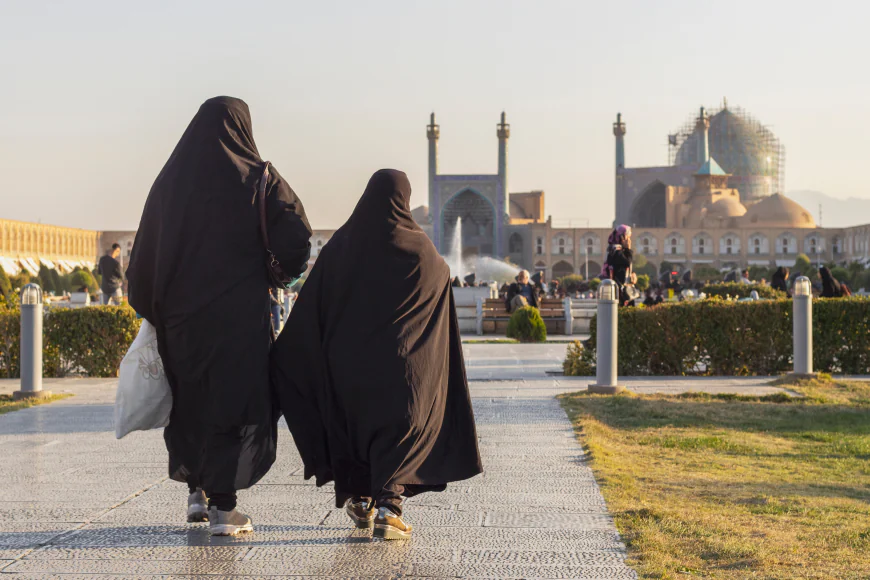Iran–Israel Ceasefire in Doubt as Regional Tensions Surge
Iran casts doubt on Israel’s dedication to a ceasefire agreement as deadly conflict escalates and nuclear concerns resurface in the region.

Amid one of the most volatile periods in recent Middle East history, Iran has openly questioned Israel’s sincerity in upholding a proposed ceasefire agreement. The statement follows nearly two weeks of escalating violence that has left hundreds dead and tens of thousands displaced.
Iranian officials cited recent Israeli military activity as contradictory to peace efforts and expressed frustration over what they described as “mixed signals” from the Israeli government. Israel has not formally responded to the accusations but continues to assert that its actions are in defense of national security.
Meanwhile, humanitarian concerns continue to grow. The death toll in Iran has surpassed 600, while the civilian casualty count in Gaza now exceeds 56,000, sparking international outrage and calls for immediate de-escalation.
In a related development, the International Atomic Energy Agency (IAEA) has raised new concerns about Iran’s uranium enrichment activities. While Tehran insists its nuclear program is peaceful, global powers are watching closely as diplomatic tensions mount.
The ceasefire talks, influenced by pressure from the U.S., European Union, and regional allies, remain fragile. Former U.S. President Donald Trump has called for an “immediate and verifiable ceasefire,” but on-the-ground realities suggest a lasting resolution remains uncertain.
As both sides trade accusations and international mediators scramble to stabilize the situation, the world watches with growing concern over the potential for broader conflict.


